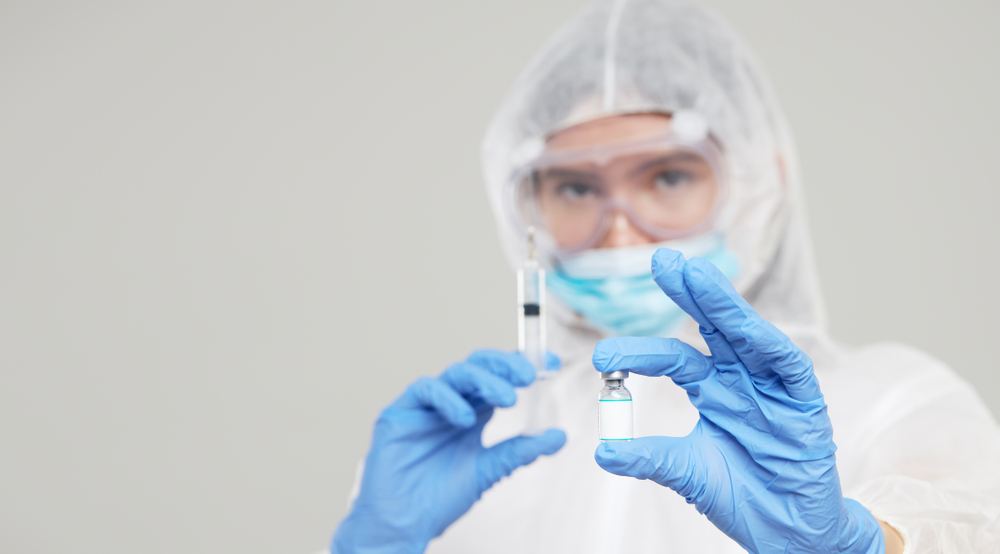
Such a simple thing as good as hand hygiene is very important in preventing infections, doctors suggest. Due to the huge mediatization of the recent coronavirus outbreak, public health guidelines continue to emphasize this. Some new research suggests that simple hand washing is very helpful in the context of an epidemic
The most simple yet underrated thing you can do to prevent viral infections, especially those that spread via germs from cough and sneezes, is washing your hands properly.
These days, in the midst of a recent coronavirus outbreak, washing your hands correctly remains the top advice that public health officials give to control the infection rates.
The World Health Organization (WHO) stated that people should prevent infection with the new coronavirus, now being referred to as ‘COVID-19’, by “washing their hands frequently with soap and water.”
However, most people still doubt that something as simple as personal hygiene could have any effect in the context of an epidemic. Although, a new study from the Massachusetts Institute of
Technology in Cambridge wants to put those doubts to rest by explaining how important hand washing can be in keeping away the viruses and slowing down the spread of the infection.
The study was published in the Risk Analysis journal, using an epidemiological modeling and a data-based simulation to determine if and how does personal hygiene affects the rate of the disease transmission.
30% of people do not wash their hands
The researchers started by following an existing data indicated that 30% of people do not wash their hands frequently, or after using the restroom. According to study co-author Prof. Christos Nicolaides, “70% of people who go to the toilet wash their hands afterward.”
“The other 30% don’t wash their hands. And of those that do, only 50% do it right,” he adds.
The Centers for Disease Control and Prevention (CDC) explain how to wash your hand properly. The best hand washing practice involves not only rinsing the hands with water but also using soap and scrubbing your palms, in between the fingers, on the back of the hand and under the fingernails. You have to do all the above for at least 20 seconds before rinsing the soap with water and drying your hand in a clean towel.
Additionally, Prof. Nicolaides notes that not even the people who wash their hands after using the restroom know how to do it correctly. Many never apply soap or spend less than 10 seconds on the procedure.
“We consider that, at most, 1 in 5 people in an airport have cleaned their hands at any given moment in time (i.e., 20% of airport population),” the researchers write in their study paper.

Proper hygiene may reduce the spread of the infection
The researchers used existing data about international flights, looking mainly at flight duration, distance, connections and the estimated amount of time that travelers spend in an airport.
Considering these measures and data from studies with how people interact with others and their surroundings, as well as the connection they have with the potential of coming in contact with pathogens, they built simulations of contagion patterns.
They highlighted 120 airports that they consider played an important role in the spread of the viruses, explaining that these weren’t necessarily the most crowded airports or the ones with the highest traffic.
For example, airports in Japan and Hawaii are likely to play an important role in the spread of the disease, considering the fact that they offer direct connections to many of the world’s largest airports, even if these do not have the highest traffic.
Also, these airports are points of transit between other countries in both the Eastern and Western hemispheres. All those factors make an airport play a key role in the spread of contagious diseases and viruses.
Moreover, the researchers explain that proper and frequent hand washing could significantly lower the rate at which diseases are likely to spread. More accurately, if 60% of the travelers keep their hands clean, it could slow down the process of spreading the infections by 70%, according to the researchers.
Or even an increase in the number of people who wash their hands by 10% could generate a lower rate by as much as 24%.
“Eliciting an increase in hand hygiene is a challenge, but new approaches in education, awareness, and social media […] have proven to be effective in hand washing engagement,” says Prof. Nicolaides.
Implementing targeted hygiene campaigns
Researchers admit that educational campaigns about personal hygiene could be very helpful in this situation, but it will be difficult to achieve in such a high number of airports around the globe.
Nonetheless, they are hoping that it can be possible to achieve positive results by identifying “the 10 most important airports” that are closest to the outbreak source in which to implement an educational campaign of hand washing. By doing this, the infection could spread by 37% in a short period of time, researchers say.
Another solution may be adding more washbasins in every airport, even outside restrooms, to encourage people to wash their hands more often, Prof. Nicolaides says.
In addition, proper cleaning and disinfecting of the surfaces in airports more frequently is another way that can help in keeping away the viruses.
“The current research can potentially shape the way policymakers design and implement strategic interventions based on promoting hand washing in airports, which could help [keep] any infection within a confined geographical area during the early days of an outbreak, inhibiting its expansion as a pandemic,” the researchers write in their paper.
“Our study,” they add, “concludes that population engagement with proper hand hygiene could be a simple and effective solution for preventing transmission of infections and reducing the risk of massive global pandemics.”












































